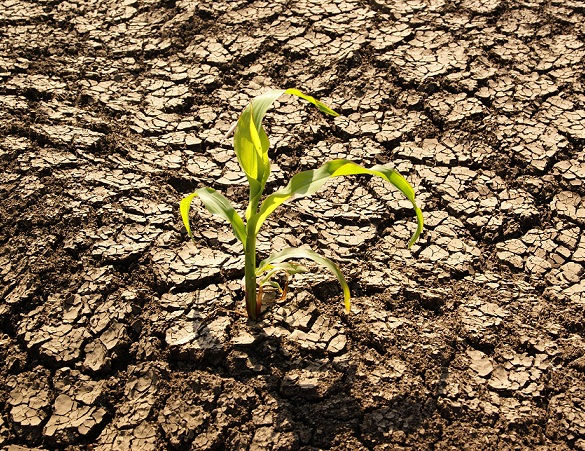South Africa's Western Cape declared drought disaster area

South Africa's Western Cape has officially been declared the province a disaster area in response to the current drought crisis, described as the worst in more than a century. 
“The disaster declaration will accelerate the Western Cape Disaster Management Centre’s Project ‘Avoiding Day Zero’, the Province’s strategy to ensure that taps do not run dry,” Western Cape Premier Helen Zille said in a statement.
The disaster will be classified for a three-month period which can be extended if the need arises.
According to Zille’s office, during a disaster classification the Disaster Management Act empowers the provincial government to protect key frontline service delivery points by reprioritizing funding.
It said that Project “Avoiding Day Zero”, led by the Western Cape’s Provincial Disaster Management Centre (PDMC), had three focus areas: demand management, winter water conservation and groundwater management.
South African fruit growers' body Hortgro said the long-term drought had "serious implications" for the farming of deciduous fruit crops, but executive director Anton Rabe highlighted the current problem "cannot only be solved by cuts on agricultural water quotas."
“The whole community will have to re-think their water usage and alternative water resources must be unlocked, and recycling of water should be phased in," he said.
"Water policies will have to change and dams must be enlarged to save more winter rainfall. Water storage should be adapted so that water is stored for longer periods than just one season - given that there will be longer droughts in future, possibly followed by floods.
Rabe further said that “we cannot afford flood water to disappear – it must be stored and made available in the next drought period”.
He estimated short-term crops would become very expensive, especially in the Western Cape.
“Water for agricultural use will be prioritised for long-term crops, but short-term crops like vegetables can be imported from other parts of the country," he said.
Hortgro crop production manager Wiehann Steyn explained the production implications of the drought.
“Biomass production (both growth and fruit yield) of fruit trees relates directly to the availability of water during the growing season since trees cannot photosynthesize and produce carbohydrates in the absence of water," he said.
“At moderate water stress, as experienced during the previous two seasons when water availability in some regions came under pressure, young trees grow less and mature trees carry fewer and smaller fruit.
"Fruit quality is also reduced under moderate water stress due to increased levels of sunburn and internal defects that result in fruit being unsuitable for fresh consumption and long-term storage."
He went on to say "severe water stress" may be experienced during the 2017-18 season if winter rainfall does not allow fruit growers to replenish their water storage, or if "heavy restrictions are imposed on agricultural irrigation water use in water schemes that competes with the water needs of the City of Cape Town."
When irrigation water is restricted below 50% of the needs of the trees, profitable fruit farming becomes "impossible due to the progressive impacts on the trees", he said.
If irrigation water becomes very limited, he explained growers may need to remove all fruit from the trees, rip out less productive orchards to save water for remaining orchards or even remove the above-ground parts of trees to try to keep at least the root system alive.
“Evidently, considering the above and because deciduous fruit trees are perennial crops, severe drought stress does not only affect the season during which it occurs, but will have a knock-on effect in subsequent seasons," he said.
"Considering that the annual production cost of a full bearing apple orchard runs close to R150,000 per ha, growers may incur considerable debts in a severe drought year with diminished means to recuperate these debts in future seasons.
"Since deciduous fruit trees only attain full production 5 to 6 years after planting, it takes a long time to fully replace lost orchards while reduced growth of young orchards can have a significant impact on profitability, considering that establishment costs may exceed R350,000 per ha."
Photo: www.shutterstock.com











































